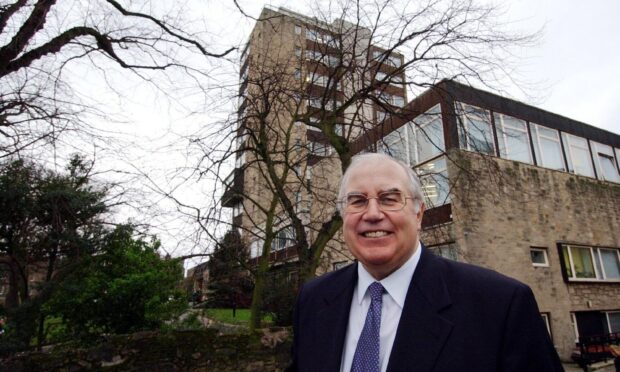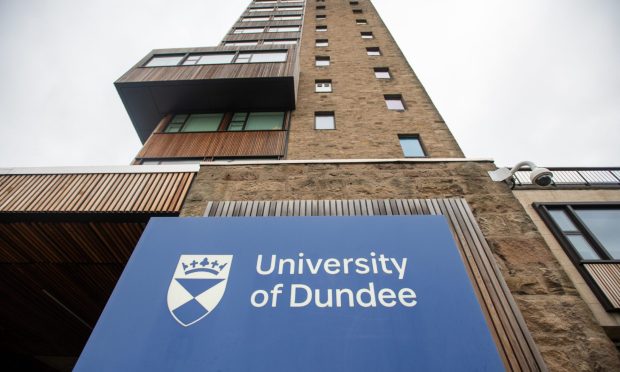The number of people admitted to hospital with eating disorders in Scotland has soared over the past decade, new figures show.
Some 726 patients were treated for conditions such as bulimia and anorexia in 2015/16 – up 66% from 10 years earlier, the latest figures from health boards reveal.
A record number of patients in Tayside were diagnosed in that year.
Scottish Conservative shadow health secretary Miles Briggs said: “It’s clear we all need to do much more to tackle these problems before it gets so serious someone has to be hospitalised.”
NHS Fife reported that 309 people had been diagnosed with eating disorders since 1999 – 26 of those were in 2015/16.
In that year a record 45 were diagnosed with the conditions, with a total of 360 since the end of last century.
An NHS Tayside spokeswoman said: “NHS Tayside Eating Disorders Service provides specialist, multidisciplinary, outpatient assessment and treatment to adults aged 18 to 64 suffering from clinical eating disorders such as anorexia nervosa and bulimia nervosa.
“Patients aged below 18 and above 64 are managed within the child and adolescent mental health and older people’s services respectively.
“Where a patient’s eating disorder is acutely life threatening, such that they cannot be safely managed in an outpatient setting, referral will be made to the specialist 10-bedded Eden Unit in Aberdeen, which NHS Tayside has access to as part of the NHS’ North of Scotland managed clinical network for eating disorders.”
Maureen Watt, the mental health minister, said more patients were expected to come forward because of efforts to reduce stigma in mental health problems.
“In Scotland, the majority of people living with an eating disorder are treated effectively in the community, with specialist support provided by primary or community mental health teams and with support links to specialist hospital care where that is needed,” she added.










